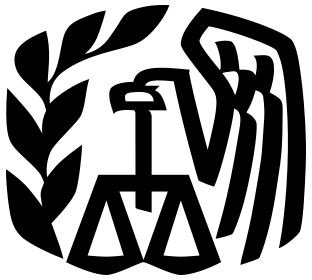Tips to Avoid Tax Audits: 9 Top Tips
Page content
Keeping the IRS at Bay
Irrespective of the nature of the business, every business person endeavors to reduce the probability of a tax audit and seeks out tips to avoid a tax audit. However, it’s also a well known fact that home based businesses are very easy targets for potential tax audits from the IRS. Though there are no definite ways of avoiding a tax audit, this article aims at sharing some tips with the readers to avoid the visit of the auditors of Internal Revenue Service:
- Maintain the tax audit deductions and business incomes effectively within the norms and standards upheld by fellow small businesses. This simple measure can remarkably reduce the chances of your home business being audited.
- Always ensure that tax returns are filed using a software program or a professional tax preparer. Also, due care should be taken to attach all the necessary paper work with your tax returns. In a nutshell, small business owners should not give the Internal Revenue Service any ground for suspicion.
- Home businesses should also avoid filling out forms which are generally scrutinized by auditors. Some forms which fall under this category are Schedule C for sole proprietors and the form which is commonly used for reporting the expenses of the home business - the Form 8829.
- It is always recommended that you hire a professional or a reputed tax preparer, as they generally have an edge over their non-professional counterparts who practice merely on the basis of a course in tax preparation.
- Your standard of living, expenses, and tax audit deductions should effectively support your reported income in the documents you provide to the IRS.
- The tax return documents of any small business should hold the answers for almost all the questions presented in the form. This simple step will also help in avoiding any kind of correspondence or suspicion from the office of the Internal Revenue Service.
- The most common mistake which home business owners do to attract a tax audit is to round off the tax audit deductions. This simple mistake on the part of small businesses, literally forces the Internal Revenue Service to doubt the authenticity of the overall tax returns. Hence it is highly recommended to use the exact figures in the tax returns rather than simply rounding them off to the nearest zero.
- Small business owners should avoid unwanted attention when possible, and small businesses can effectively do this by reporting all the income to the tax audit authorities.
- Last but not least, after following all the above mentioned points there is no need for any unnecessary worry about a tax audit. Even if the Internal Revenue Service chooses to audit your business, and if there are any differences of opinion with the auditors, the damage will only be minimal in the form of some additional taxes and interest.
Image Credit: IRS Logo - Wikimedia Commons
